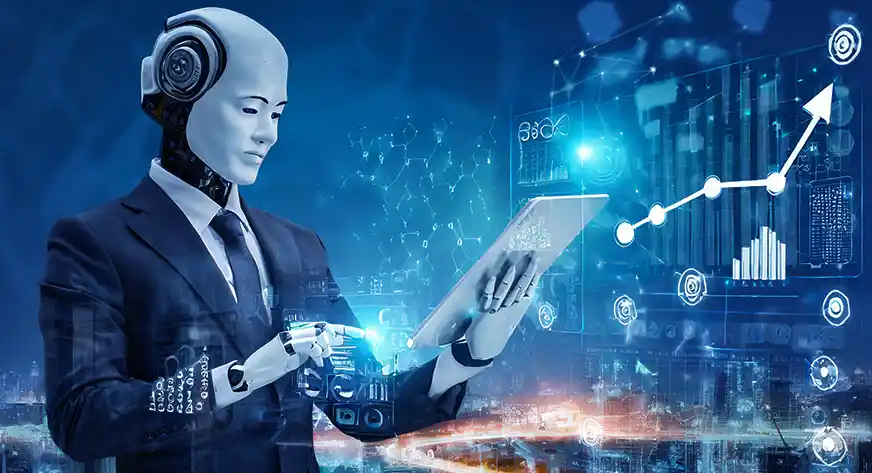How AI Agents and Hyper-Personalization Are Reshaping Tech Startups in 2025
It’s almost wild to notice how quickly things are shifting in the tech scene, and, as a matter of fact, 2025 feels like one of those years people will look back on as a turning point. AI agents and hyper-personalization are two phrases you hear everywhere now, and in some respects, they’re not just catchy buzzwords—they’re the actual gears moving the startup world forward. These tools are, in a way, creating a very different kind of startup environment, one where products seem to speak directly to individuals, and software seems to think for itself.
AI agents acting more like teammates than tools
AI agents right now are kind of like those coworkers who don’t clock out, yet don’t complain either. They’re not simply programs; instead, they act closer to independent problem-solvers. For example, startups such as Cognition AI and webAI are building systems that work almost like autonomous engineers who can, in practice, identify a snag in code, suggest fixes, and sometimes even roll out those changes without waiting for human hands. This tends to be pretty important for young companies that need to move faster than established players.
- Startups are leaning on agentic AI to test software quicker.
- Teams are, in many cases, able to scale without hiring wave after wave of staff.
- This shift is, quite clearly, helping smaller players compete more or less on the level of industry giants.
Alright, so it’s not perfect yet, but the direction is obvious—AI agents are carving out a role that feels less like a tool in the shed and more like a partner in the workshop.
Hyper-personalization feels like tech talking directly to you
Now, hyper-personalization might be the part that hits users most directly. That is, people are starting to expect that apps, platforms, and services adapt in almost every little detail to how they live their lives. For instance, streaming apps guessing your mood with scary accuracy, online shops serving you nearly perfect recommendations, and financial platforms practically predicting your spending habits.
In short, startups chasing hyper-personalization are actually seeing customers stick longer, spend more, and tell friends about it. That makes sense, since, frankly, people are likely to keep coming back to services that feel like they were built with them in mind.
Bigger picture: Startups steering future industries
Sometimes it’s easy to forget that AI agents and hyper-personalization are more than just tech experiments—they’re shaking up areas from healthcare all the way to fintech and manufacturing. US startups in particular are usually first to toss out the older models and test fresh ones. And, interestingly, other rising trends—like Web3 platforms, climate-focused tools, and decentralized finance—tie into this same wave of change.
What should founders actually do now?
If you’re a startup founder or even just someone curious, you might be asking where to lean next. Well, here are a few simple points:
- Test AI agents in smaller, low-risk tasks first.
- Watch how hyper-personalization metrics affect retention; sometimes the link is clearer than expected.
- Keep an eye on industries outside your own, since crossover ideas often inspire the best solutions.
Basically, the story of 2025 is that AI agents and hyper-personalization aren’t just experiments anymore. They’re pretty much resetting how tech startups build, grow, and compete. And, in a way, that means the businesses willing to act boldly now could be the ones people talk about years later.


Be First to Comment